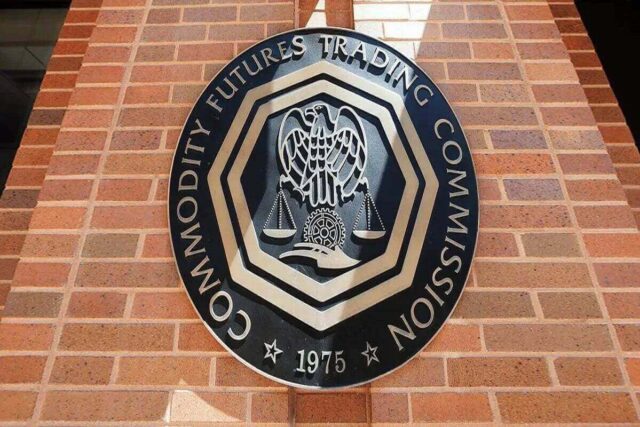The Commodity Futures Trading Commission (CFTC) has complained about the entities that own KuCoin. The allegation calls attention to the illegal transactions involved in off-exchange commodity futures activities. KuCoin is said to have been employed in soliciting and accepting orders of different commodity transactions without CFTC registration. This action highlights the intention of the regulatory body to ensure compliance in the digital asset area.
KuCoin allowed commodities trading as per CFTC. This operation made the exchange fall under the supervisory scope of CFTC. It required KuCoin to register with the commission and comply with all applicable regulations. The complaint requests relief, including disgorgement, civil penalties, and permanent trading and registration bans.
CFTC Classifies Ethereum and Litecoin as Commodities
The complaint of the CFTC against KuCoin is a milestone in the determination of digital assets’ classification. The CFTC’s complaint becomes an explicit recognition of Ethereum and Litecoin as commodities by including them. This categorization has wide-ranging regulatory implications for digital assets. Exchanges that handle these assets need to follow strict CFTC regulations.
The CFTC’s actions are part of a broad regulatory emphasis on adherence within the cryptocurrency sector. KuCoin is required to provide a host of remedies by the commission, one of which is a permanent injunction against future violations. This underscores the extent to which the CFTC takes seriously the enforcement of regulatory compliance in the digital asset market.
DOJ, CFTC Pursue Crypto Exchanges for Legal Compliance
The CFTC’s action against KuCoin comes after the DOJ filed a related lawsuit. The suit filed by the DOJ against the exchange and its co-founders alleged that the latter had broken the Bank Secrecy Act. Claims cover the lack of an efficient know-your-customer (KYC) policy and the transfer of more than $4 billion in questionable funds.
The case of KuCoin has nothing unique to it, such as when the government acts on a cryptocurrency exchange. Earlier, KuCoin was settled by the New York Attorney General’s office for $22 million over related charges. More so, DOJ and CFTC also had their eyes on Binance, which is yet another one of the leading crypto exchanges in a large settlement regarding anti-money laundering shortcomings. This is an example of the increasing regulatory oversight of cryptocurrency exchanges and the significance of KYC and anti-money laundering policy compliance.
Read Also: Circle Expands USDC with CCTP to Solana Ecosystem




